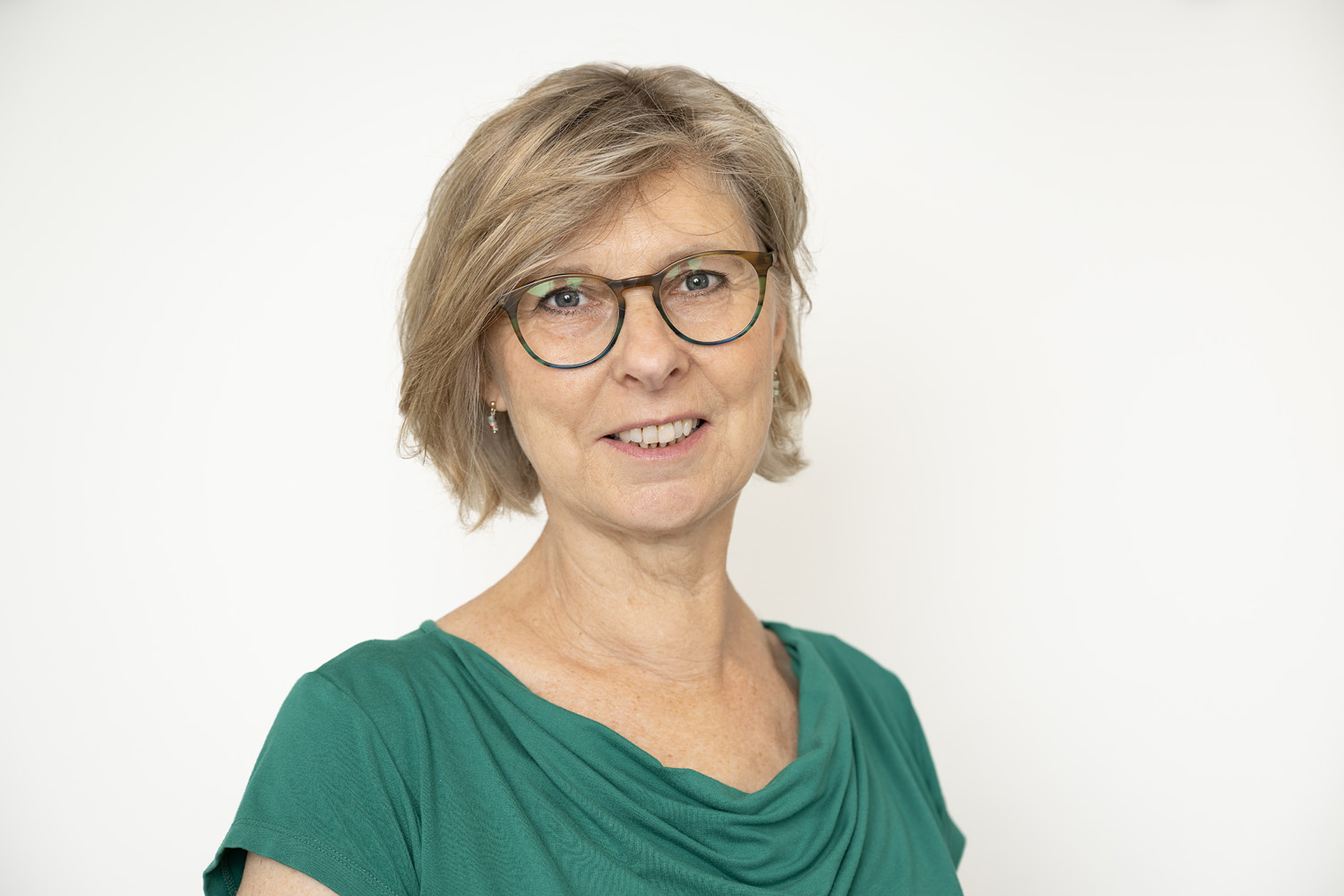
Barbara van Mierlo is associate professor, working as a sociologist at the Knowledge, Technology and Innovation Group of Wageningen University. She studies processes of transformative, systemic change towards sustainability and their intersection with everyday social practices. Being actively engaged in these processes, special interests include the significance and features of interactive learning and discursive strategies, the value of change-oriented evaluation, emergence of reflexivity, responsible innovation, and transdisciplinary collaboration.
She has developed the methodology of Reflexive Monitoring in Action (RMA), which has a wide international uptake in among others sustainable agriculture, natural resource management, renewable energy and health (http://www.wageningenur.nl/rma)
Key-note: Living Labs: Involving Stakeholders in Food System Transformations.
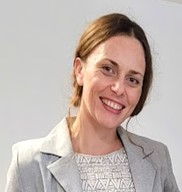
Marija Roglic works as a postdoctoral scholar on transdisciplinary research designs for system-based Theories of Change supporting the EU Green Deal. Her involvement extends to systems-based education for inclusive and innovative management, specifically within the EU LEADER Programme. She collaborates with professionals in the agri-food sector and local action groups across English, French, and Croatian speaking empirical contexts .
Her research focuses on strategic management practices and processes within multi-stakeholder and multi-scalar organizations, emphasizing sustainability and resilience in complex systems. Utilizing action research and mixed-methods designs, she explores these themes, leveraging her interdisciplinary background in management studies, business finance, information sciences, anthropology and philology to bridge disciplines and drive actionable research.
Key-note: Co-Creating Knowledge with Stakeholders for Sustainable Food Systems Transitions
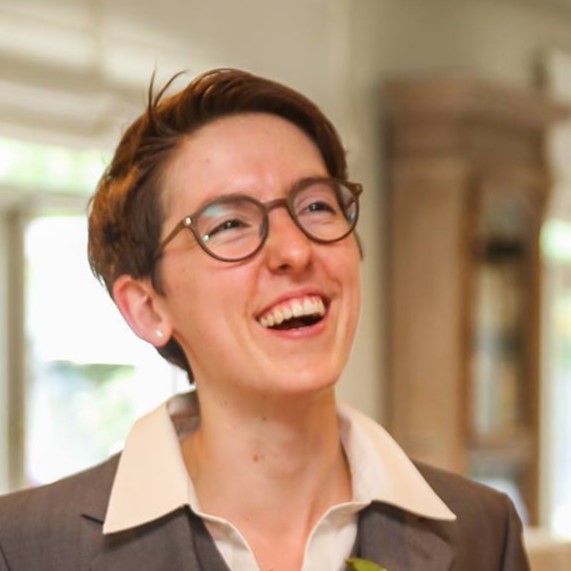
Ines Cottignie, a researcher affiliated with the Sustainable Food Economies Research Group at KU Leuven, investigates various facets of the Flemish food system.
At the symposium, she will discuss the unpublished evaluation framework established by the Futures4Food project, applied to the Flemish Green Deal ‘Protein Shift on Our Plate’ as a formative evaluation analysis. This Green Deal, initiated by the Flemish government, involves a range of actors and aims to accelerate the transition towards increased plant-based consumption.
Presentation: From Feed to Food - an Evaluative Approach of a Cereal and Protein Transition Case
(co-presentation with Caroline Amrom)
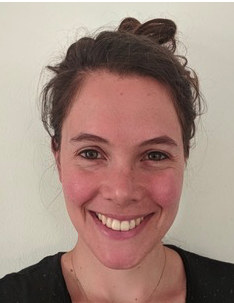
Caroline Amrom, trained as a bio-engineer and in climate change adaptation, is a member of the Sytra team, a research team specialized in food systems transition at UCLouvain.
With a specific experience on value chain development and participative processes, she works on food supply strategies and territorial development.
At the symposium she will present the application of an (unpublished) evaluation framework established by the Futures4Food project (based on Hubeau, 2018) on a national food cereal dynamic developed in Belgium, from 2021-2024.
Presentation: From Feed to Food - an Evaluative Approach of a Cereal and Protein Transition Case
(co-presentation with Ines Cottignie)
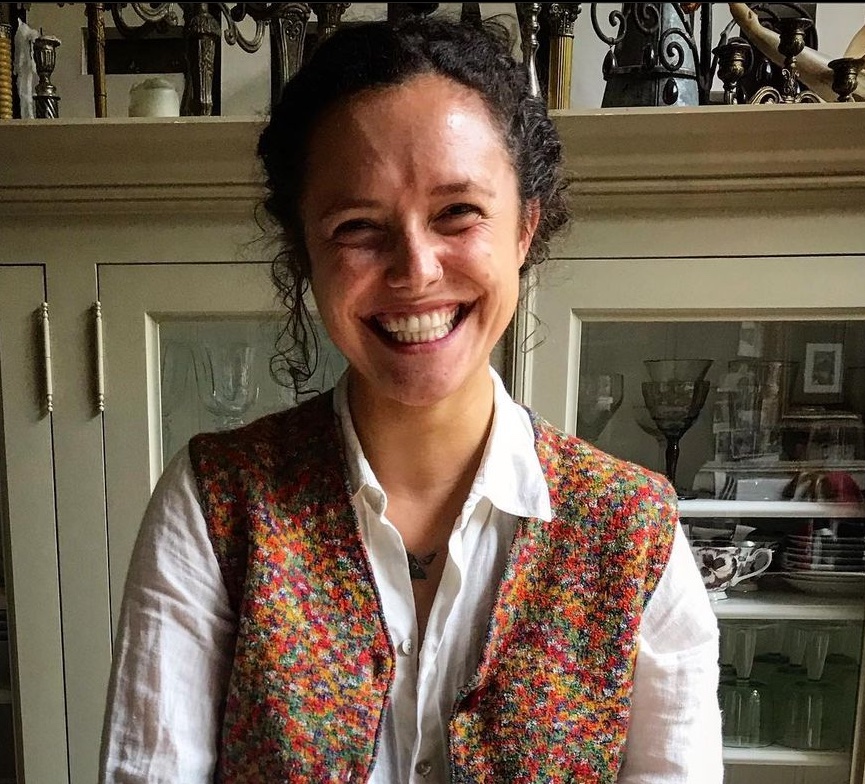
Diana Borniotto holds a Master’s degree in Agricultural Economics from University of Milan.
She began her career as a data analyst at True Price, where she gained expertise in externalities and true cost accounting.
Afther that, she worked at the European Commission’s DG JRC as an evaluation assistant, conducting ex-ante and ex-post evaluations of research projects.
At Sytra she collaborates on EU projects, and she works on her PhD focusing on EU agri-environmental policies and governance, exploring the mechanisms behind efficient and effective delivering of environmental outcomes.
Presentation: Stakeholder Engagement: Challenges & Lessons learnt from Enfasys Horizon EU project
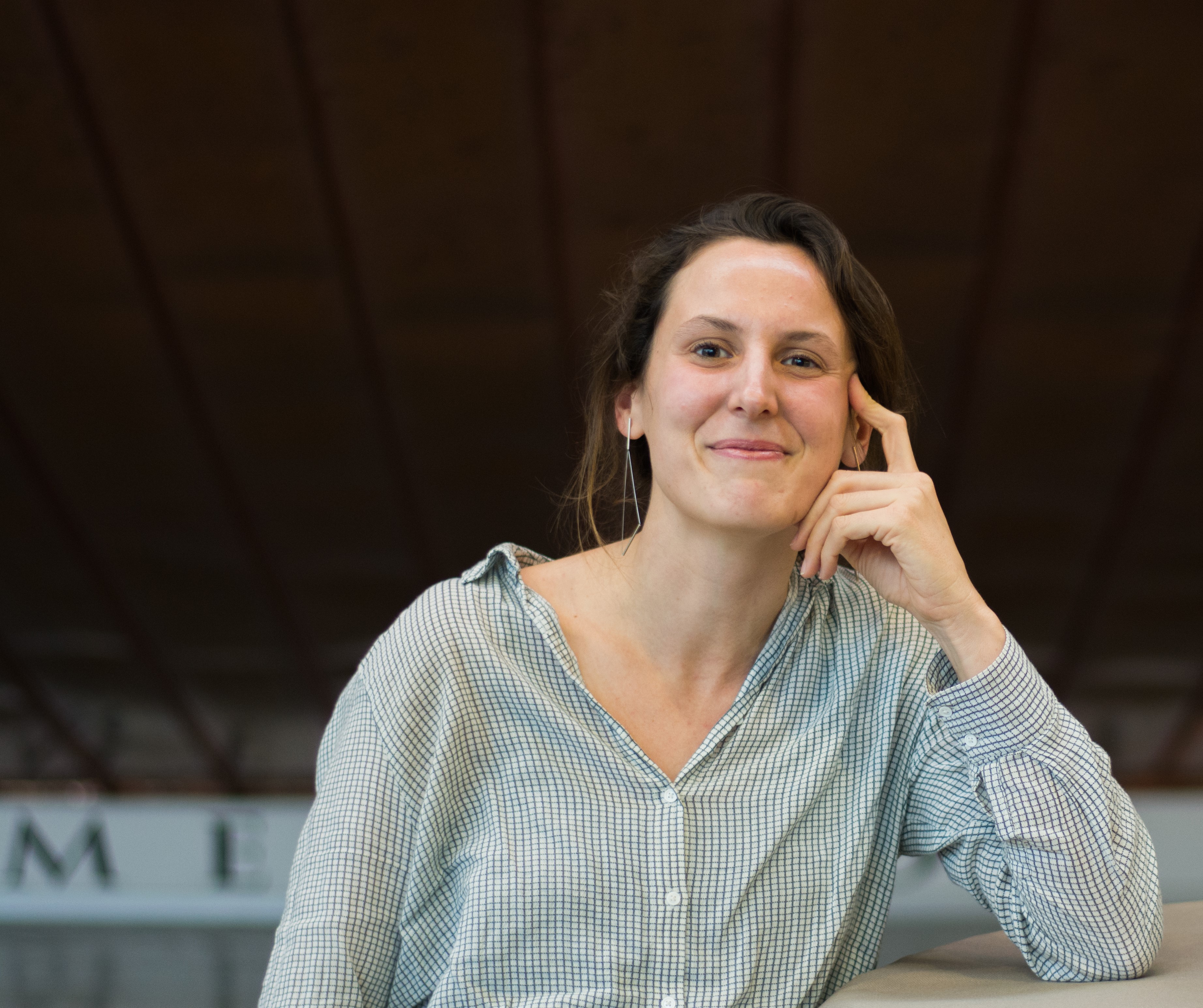
After her master's in International Politics, Amber Steyaert started working as a PhD researcher at INSPIRA at the faculty of Bioscience-engineering (University of Ghent). In August 2022, she also became a teaching assistant at this department.
Amber’s doctoral research is titled "Vernacularizing Food Democracy". In this research she investigates how the concept of food democracy is shaped and given meaning across various contexts.
As part of her research, she started a trajectory on food democracy within de Stadsacademie, a platform for transdisciplinary research and teaching on complex sustainability issues.
Presentation: Towards Food Democracy: Exploring Collaborative Knowledge Creation in University-Led Communities of Practice

Véronique De Herde is a contemporary historian and bioengineer. After several professional experiences, she completed an interdisciplinary PhD on the challenges of collective agency in transition pathways. Her research explored the past and prospective trajectories of dairy cooperatives and models of value chain organisation in the Walloon dairy sector (Belgium).
Under her current FNRS postdoctoral research mandate at the Center for Social Economy of HEC , she pursues the exploration of value chain organisation in agri-food for sustainable transformation from a configurational perspective.
Presentation: Amplifying agri-food sustainability pathways: A configurational Model to discuss the Contextual Fit of Value Chain Organizing
